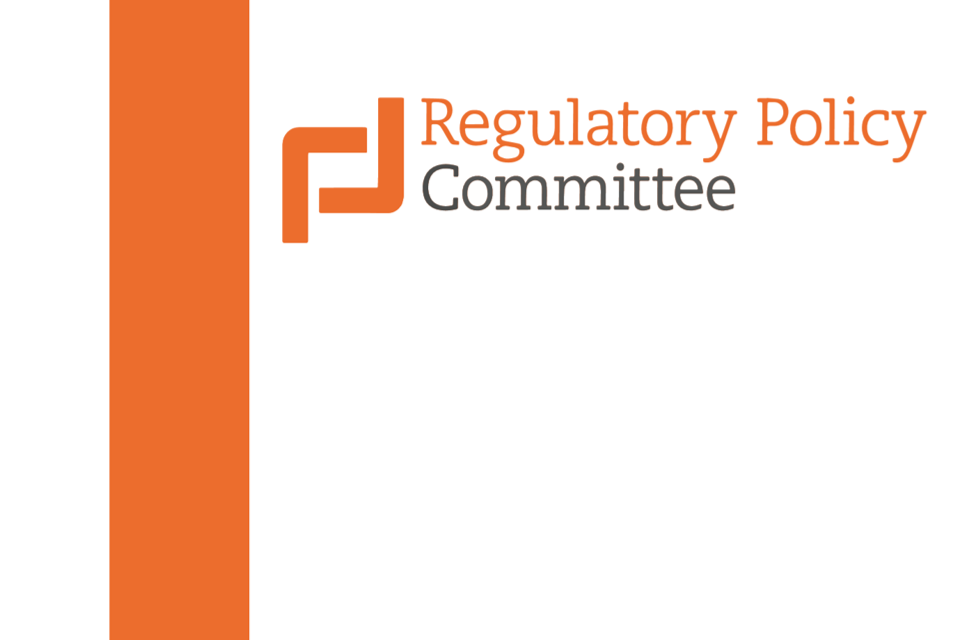
- Select a language for the TTS:
- UK English Female
- UK English Male
- US English Female
- US English Male
- Australian Female
- Australian Male
- Language selected: (auto detect) - EN
Play all audios:
AARP recently conducted a survey of 1,021 U.S. adults 50 and older to get their thoughts on the use of artificial intelligence (AI) in health care. Most adults 50 and older say they are not
familiar with the use of AI in health care. Even though the majority of older adults aren’t familiar with the use of AI in health care, most say they think they would be comfortable if their
primary care provider (PCP) used AI. Adults 65-plus are more likely than their counterpart to say they are comfortable with their PCP using AI to help with diagnoses (57% vs. 46%) and/or
treatment recommendations (55% vs. 46%). Generally, older adults say they can see possible positive outcomes from the use of AI in health care. For example, three-quarters (73%) say AI could
be useful in helping health care workers with some tasks thus giving the workers more time to focus on the patients. However, adults 50-plus also express concerns and prefer limitations
when using AI in health care. The vast majority (82%) of older adults say if a health care provider uses AI, the provider should make the final decision on the most appropriate diagnosis or
treatment for the patient. Nearly seven in 10 (68%) say they are concerned that the use of AI may lead to a health care provider spending less time with patients and over six in 10 are
concerned that the use of AI may lead health care providers to rely more on AI than their medical training for recommending treatments (65%) and/or diagnosing diseases (63%). METHODOLOGY The
findings come from an AARP Omni online survey of 1,021 adults 50-plus conducted in April 2024. The national sample was weighted by age, gender, and race/ethnicity. For more information,
please contact Cheryl L. Lampkin at [email protected]. For media inquiries, contact External Relations at [email protected].









